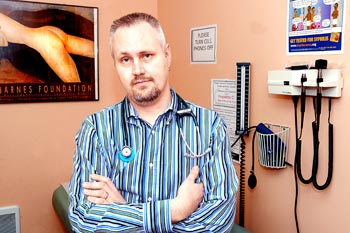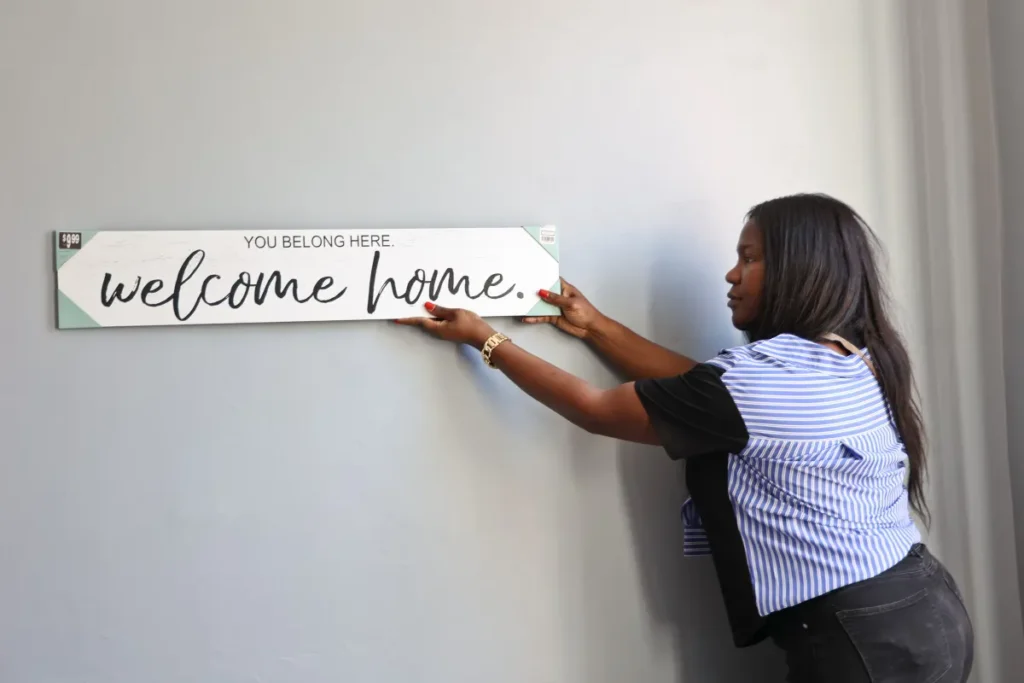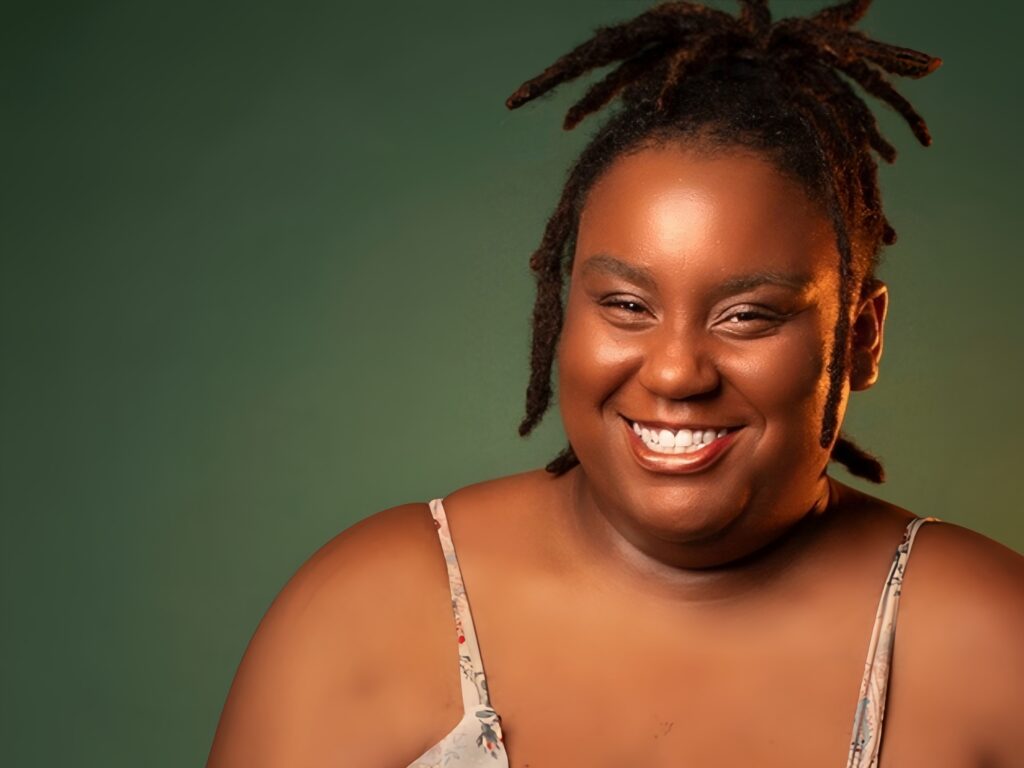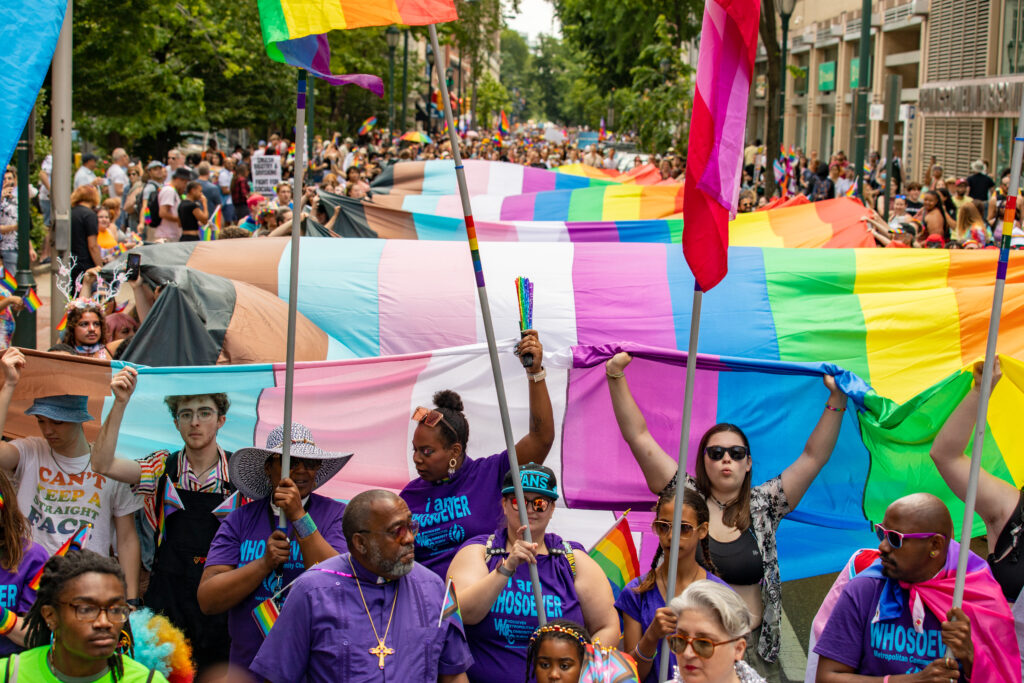Years working with LGBT community: 14
Years lived in Philly: 18
Title of my future biography: Yes, She Knows!
Movie I’m most embarrassed to love: St. Elmo’s Fire…on VHS
Since June 2007, the Get REAL Project has been telling the stories of young gay, bisexual and transgender men in Philly. While continuing that mission, what follows is one in an occasional series of interviews with respected leaders in the LGBT community. Dr. Winn is a physician at Jefferson University and at Mazzoni Center and offered his perspective on some issues that affect our health:
Get REAL: Okay doc, they tell me I should get regular checkups, but I only really go if I get sick. As a gay man, is there anything serious I should be worried about if I do this?
Dr. Rob Winn: As primary care clinicians, we screen for risk factors and diseases that don’t appear until later in life. A thorough and continued review of family history is important to ongoing good health. For gay men, it’s important to find a clinician you can feel comfortable with talking about your partners and the things you do in bed and in life. As bi and gay men, we suffer from a lot of discrimination in this world—we don’t need that to extend to our medical visits. So, screening for disease and building a comfortable relationship are great reasons to go to your doctor’s office.
GR: I’ve been tested for HIV. Now and then I hear stuff about other STDs. Is there anything I can do about those, or do I just take a pill if I ever get one?
RW: Some STDs make themselves known to you quickly with a painful burning or rash. However, there are many people that don’t experience any symptoms and wind up passing the STD on to others. For instance, Chlamydia is probably the most common STD I see in clinic among gay men, and often it doesn’t show any symptoms right away. So unless you’re in a mutually monogamous relationship, if you have sex you should get screened for STDs at least every 6 months. If everyone did this, we’d have a lot less STDs!
GR: If I already have HIV, is it okay for me to have unprotected sex with someone else who’s positive?
RW: There are a few things to think about. First, there are different strains of HIV. Most people have a common, “garden variety” strain that responds well to medicine. However, there are mutated, drug-resistant strains out there. If you become infected with one of these strains, the medicines you’re taking might not work for you anymore.
Also, certain STDs can make your HIV worse, and for STDs that cause ulcers or sores, those lesions make your HIV more contagious to other people. Protecting yourself is a good idea, positive or negative.
GR: I always use condoms for anal sex, but not for oral. Am I covered?
RW: Well, for HIV you’re probably okay (unless you have cuts or sores in your mouth). However, gonorrhea, Chlamydia, syphilis and herpes can all be spread by oral sex. If your clinician isn’t performing oral and anal swabs as part of routine STD screening, you could still be infected with one.
GR: I’ve heard that if you’re having sex and the condom breaks, there’s a pill you can take to keep from getting HIV. Is that true?
RW: The medicines that we use to treat HIV can also be used for this kind of exposure to PREVENT HIV transmission. There are a couple of important rules for this though: you have to start within 72 hours of exposure (sooner is better), you must be HIV negative to start with (so you have to get tested before treatment), and this is not something you can do repeatedly, because you can build up a resistance to the medicine (and it can be expensive). This is a method used for the occasional “accident.” You can get this at an emergency room or from your doctor if they have these medicines on hand.
GR: Are there any other health problems you’ve seen in our community that might not be on our radar, besides HIV and STDs?
RW: Anal cancer. We know that gay and bi men who have anal sex are at a higher risk (even higher if you have HIV). Anal pap smears will become an important part of routine gay men’s health in the near future. It’s a simple cotton swab in the anus. Women have been getting pap smears for decades and the rate of cervical cancer has dropped to only a few cases. Stay tuned…
GR: Any advice for young gay men? What’s something you always want to scream from rooftops, soapboxes and moving cars?
RW: It goes back to what I said earlier—find a clinician you’re comfortable with. If you don’t feel like you can talk to him or her about your sexuality, you’re not getting the best care. There are places around—the Mazzoni Center’s clinic for one. You don’t even need insurance to come here. Having a non-judgmental doctor who you can communicate with is crucial. Otherwise you let things go until they’re emergencies.
GR: Thanks, Dr. Winn!
RW: You’re very welcome!
Health question? Need to see a doctor? Call Mazzoni Center at 215-563-0652.







